
Bethany Brookshire was a longtime staff writer at Science News Explores and is the author of the book Pests: How Humans Create Animal Villains. She has a B.S. in biology and a B.A. in philosophy from The College of William and Mary, and a Ph.D. in physiology and pharmacology from Wake Forest University School of Medicine. She was a 2019-2020 Knight Science Journalism Fellow at MIT, the winner of the Society for Neuroscience Next Generation Award and the Three Quarks Daily Science Writing Award, among others.

All Stories by Bethany Brookshire
-
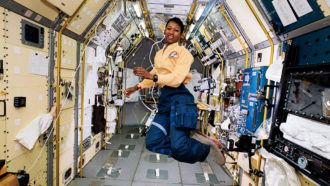 Physics
PhysicsScientists Say: Microgravity
Gravity is a force that brings objects together. But when those objects get far away, the force feels small. It feels like microgravity.
-
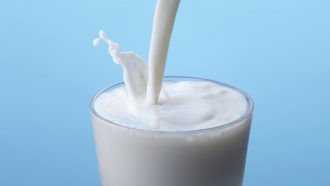 Health & Medicine
Health & MedicineCan we taste fat? The brain thinks so
Scientists had not considered fat a 'taste.' The brain begs to differ, new data show.
-
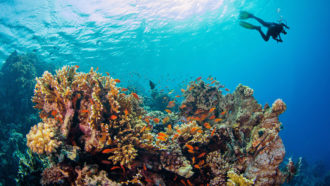 Ecosystems
EcosystemsLet’s learn about coral reefs
Coral reefs are home to many important species. But climate change is stressing corals to the max.
-
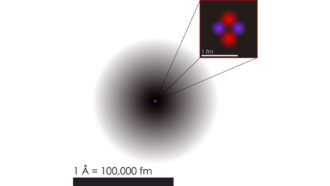
-
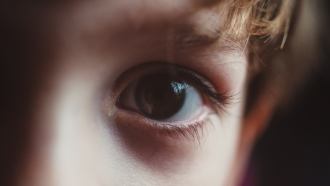 Brain
BrainExplainer: How our eyes make sense of light
It takes a lot for images before the eyes to be 'seen.' It starts by special cells sensing the light, then signals relaying those data to the brain.
-
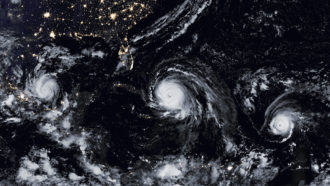 Environment
EnvironmentLet’s learn about hurricanes
Hurricanes are huge, terrifying storms that form over warm ocean waters — and waters are getting warming.
-
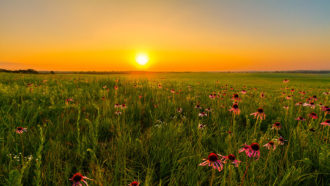 Ecosystems
EcosystemsScientists Say: Prairie
Prairies are flat, fertile grasslands in North America. They are their own unique ecosystem.
-
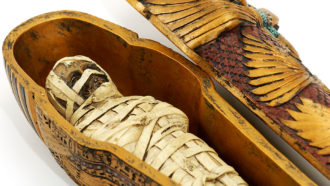 Archaeology
ArchaeologyLet’s learn about mummies
A mummy is a preserved body. They’re fun and spooky, but also a great chance to learn about people of the past.
-
 Tech
TechScientists Say: GPS
A GPS system relies on satellites orbiting the planet, constantly sending signals back to receivers on Earth.
-
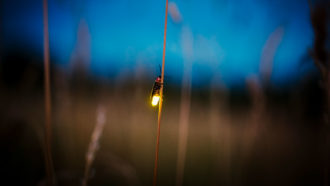 Animals
AnimalsLet’s learn about bioluminescence
Some animals, bacteria and algae produce their own light. This bioluminescence can attract mates or protect from predators.
-
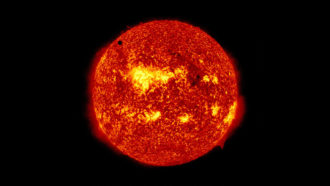 Space
SpaceLet’s learn about the sun
The sun is our own personal star and the reason life exists on Earth.
-
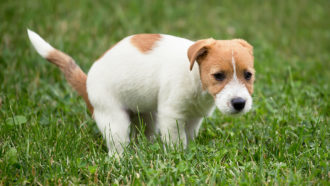 Life
LifeScientists Say: Excretion
Every living thing produces waste. Excretion is how organisms take out the trash.